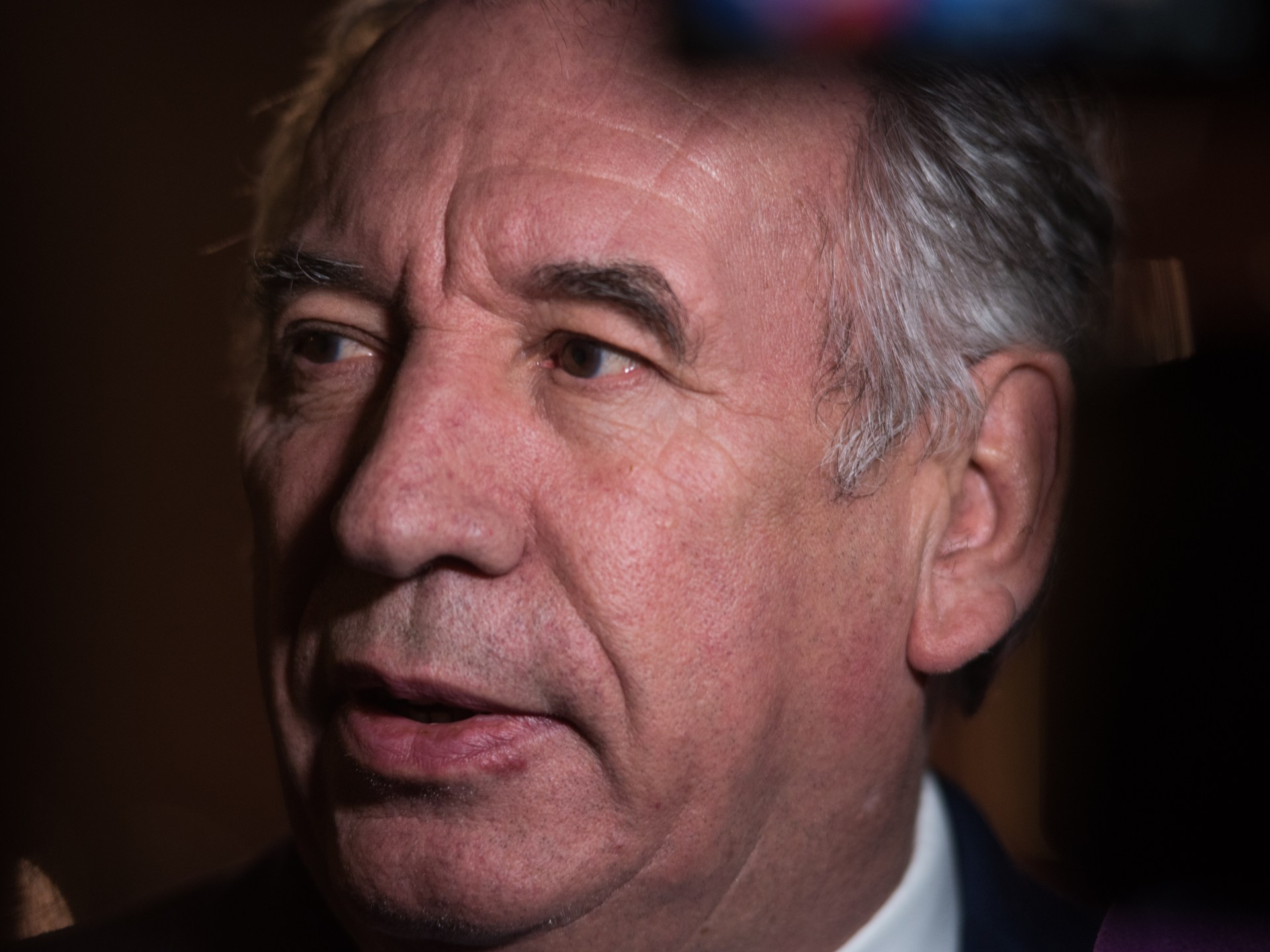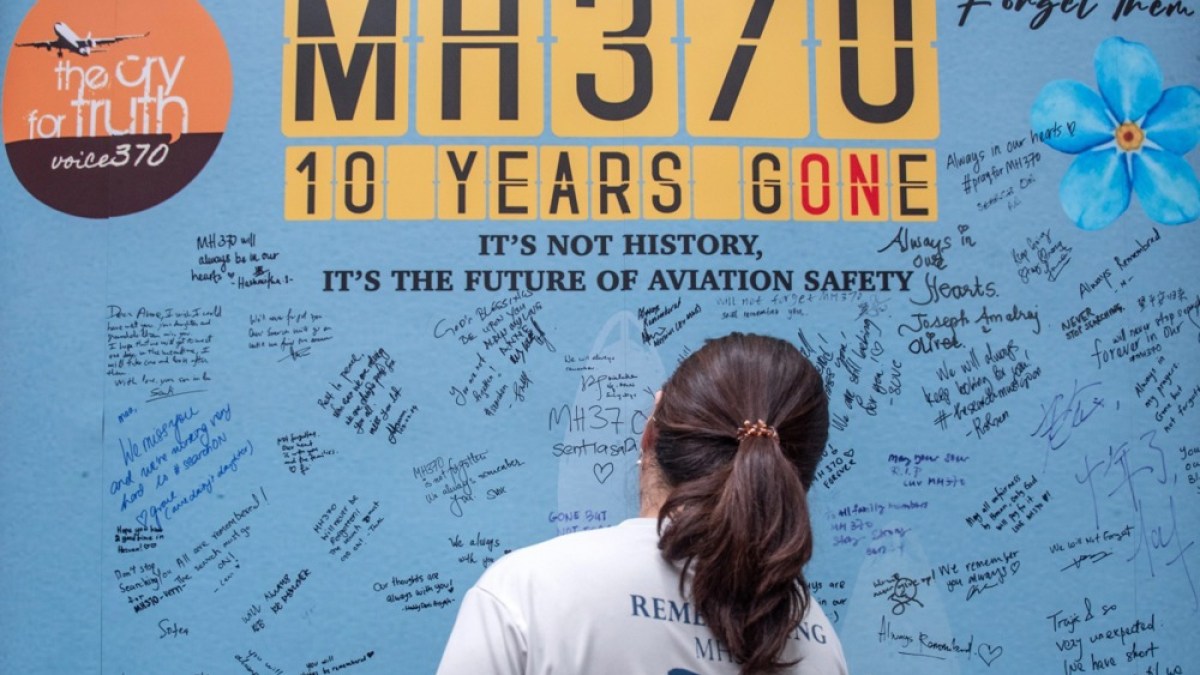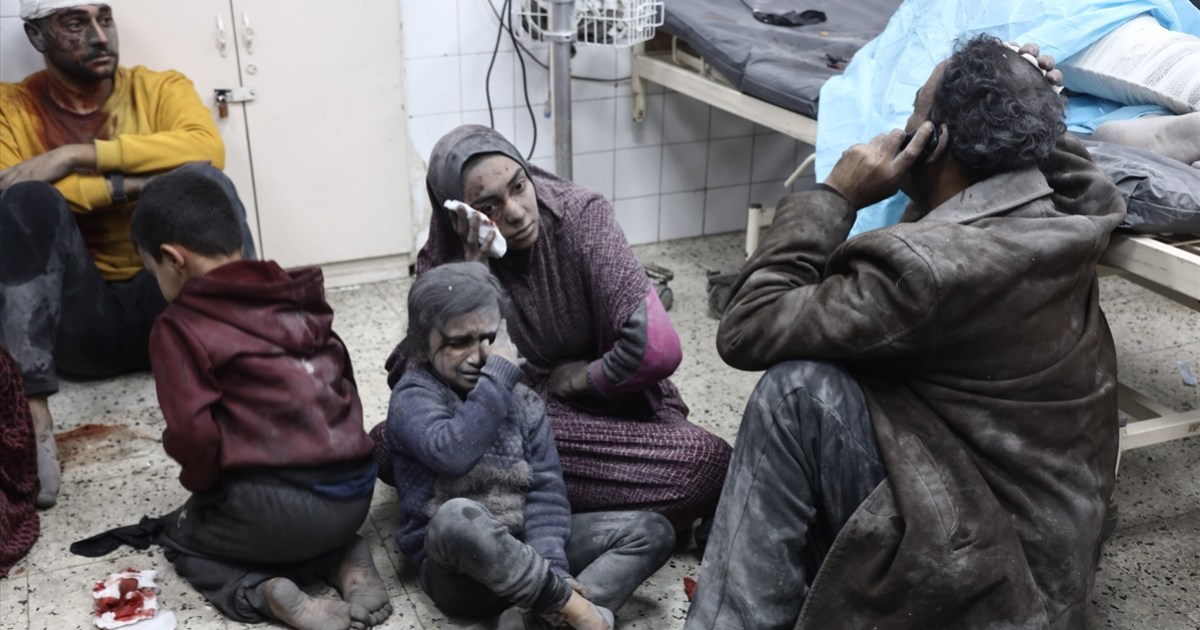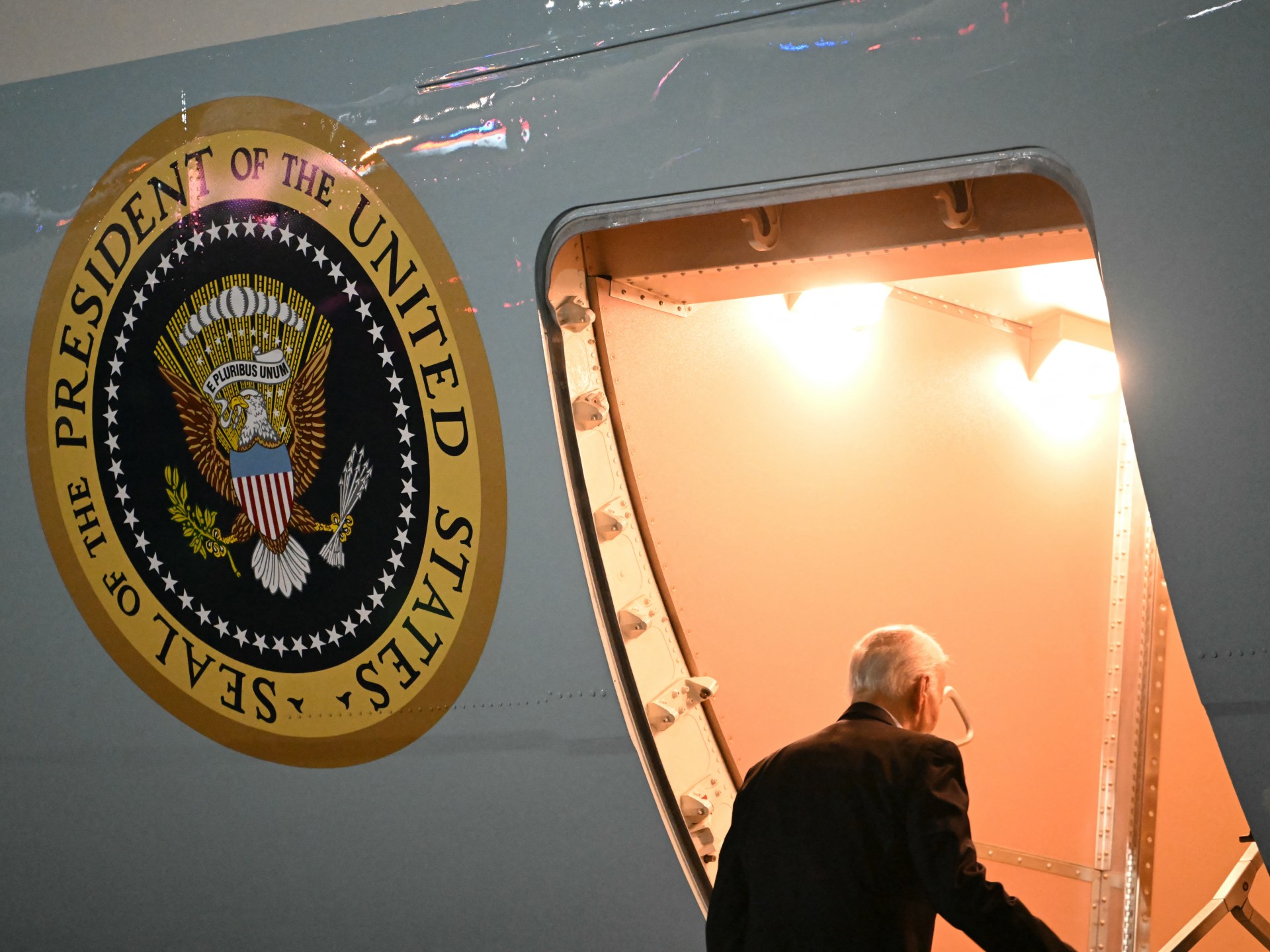

France has unveiled a new government, comprised of former ministers and senior civil servants that Prime Minister Francois Bayrou hopes can oversee the passage of a 2025 budget and avoid a collapse that would deepen the country’s crisis.
Bayrou on Monday put together the government that enters office after months of political deadlock and pressure from financial markets to reduce France’s mounting debt.
The names were read out by President Emmanuel Macron’s chief of staff, Alexis Kohler.
Eric Lombard, 66, the head of Caisse des Depots, the investment arm of the French government, became finance minister, working with Amelie de Montchalin as budget minister.
Conservative Bruno Retailleau remained interior minister. Foreign Minister Jean-Noel Barrot and Defence Minister Sebastien Lecornu also remained in their posts.
Elisabeth Borne, who stepped down as prime minister in January, became education minister, while former Interior Minister Gerard Darmanin will lead the Ministry of Justice.
Bayrou has struggled for almost 10 days to put together a government as he looks to stave off potential no-confidence votes from the far right and left. He will need to begin work immediately on passing a 2025 budget bill after parliamentary pushback against the proposed legislation led to the toppling of his predecessor, former Prime Minister Michel Barnier.
Advertisement
The inclusion of two former prime ministers indicates Macron’s desire for a heavyweight government that will enjoy stability and not share the fate of Barnier.
The priority for 73-year-old Bayrou is to make sure his government can survive a no-confidence vote and that it passes a cost-cutting budget for 2025.
The announcement came as France observed a day of mourning for the victims in the cyclone-hit Indian Ocean archipelago of Mayotte, France’s poorest overseas territory.
Bayrou, the head of the centrist MoDem group, which is allied to Macron’s party, was appointed on December 13. Many have already predicted that Bayrou will struggle to survive.
France has been mired in deadlock since Macron gambled on snap elections earlier this year in the hopes of bolstering his authority. The move backfired, with voters returning a parliament fractured between three rival blocs.
Related News

Malaysia to resume search for missing MH370

Assad’s ‘human slaughterhouses’: What to know about Syria’s prisons

Amnesty International says Israel guilty of committing genocide in Gaza


